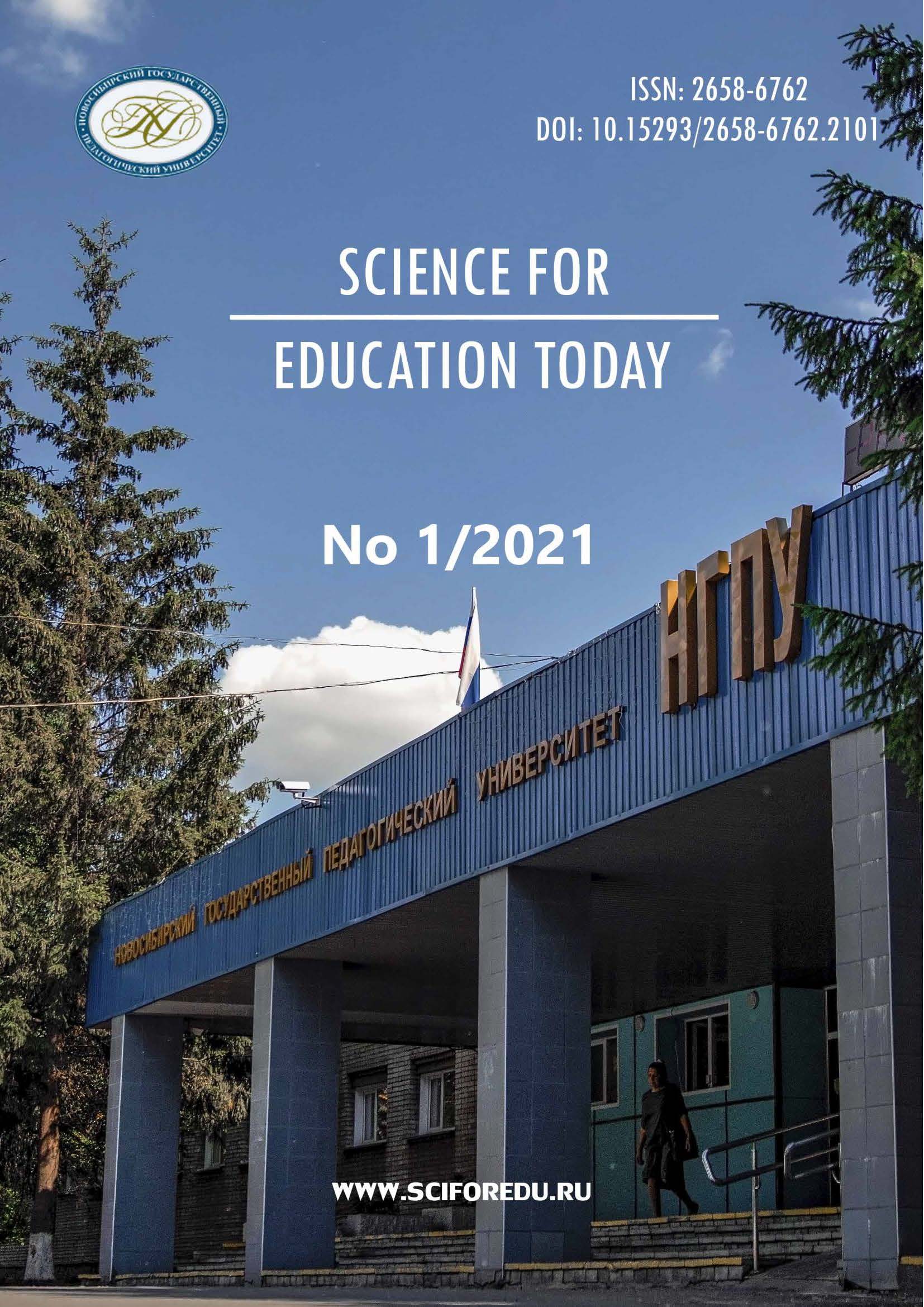Ценностные и деятельностные ориентации вузовской молодежи: выбор между безопасностью и инновационностью
Value and activity-based orientations of university students: The choice between safety and innovativeness
Author(s): Inna Victorovna Atamanova, Sergey Aleksandrovich BogomazSubject(s): Higher Education , Individual Psychology, Sociology of Education
Published by: Новосибирский государственный педагогический университет
Keywords: Safety values; Traditional values; Innovativeness of personality; Personal and professional development; Higher education; Personal readiness for activity;
Summary/Abstract: Introduction. The study addresses the issues of value and activity-based orientations in order to understand and explore personal and professional development processes in in the current higher education context with the main focus on innovativeness. The study aims to reveal the specifics of the relationship between value and activity-based orientations of university students in terms of their choice between safety and innovativeness. Materials and Methods. The research methodology involves questionnaires grouped according to three research vectors: 1) university students’ cultural value orientations (R. Inglehart’s Survey) and individual value preferences (Schwartz Value Survey); 2) activity-based orientations (psychological characteristics of activity) were evaluated using the authors’ scale of personal readiness for activity based on E. Y. Mandrikova, D. A. Leontiev and E. N. Osin, E. Diener’s questionnaires; c) to evaluate university students’ innovative orientations, N. M. Lebedeva and A. N. Tatarko’s technique was applied. The study was conducted in Tomsk universities and involved 260 students. Statistical analysis included descriptive statistics, factor analysis, and regression analysis. Results. The factor and regression analyses revealed that choosing the ‘innovativeness vector’ by university students in the context of their personal and professional development is determined by personal qualities associated with innovativeness: creativity, risk for success and orientation to the future. Choosing the ‘safety vector’ is more inherent in modern university students and is determined by the degree of their adherence to traditional values and by their personal readiness for activity, the core of which is purposefulness and consistency in achieving the life goals. Conclusions. The results obtained indicate the necessity for developing appropriate programmes of psychological support for university students in their personal and professional development processes in order to involve them in research, innovative and entrepreneurial activities.
Journal: Science for Education Today
- Issue Year: 11/2021
- Issue No: 1
- Page Range: 59-74
- Page Count: 16
- Language: Russian

